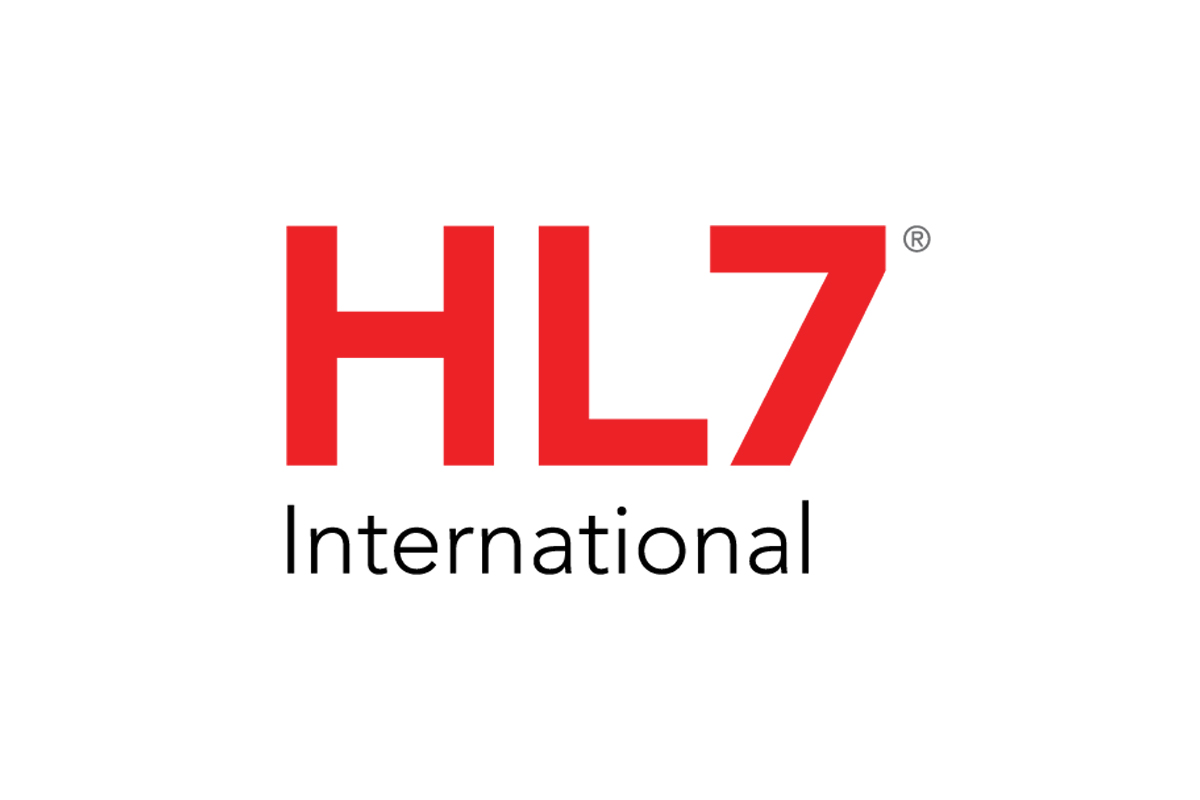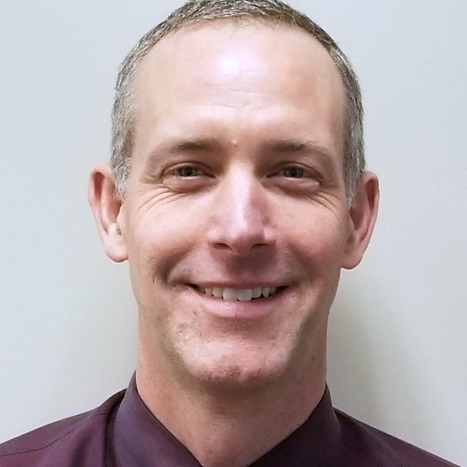
Overview
A central challenge of public health reporting—which has become clearer during the pandemic—are differences in reporting requirements among state and federal programs and local jurisdictions and the need to respond quickly to new requirements. Working through these differences with vendors, providers, and public health agencies can be complex and burdensome.
How do we simplify it? As members of the HL7 Public Health Work Group, we help states and the larger reporting community develop and use HL7 standards to improve statewide data exchange and public health interoperability. HL7 is a nonprofit organization that provides a framework and standard for the exchange, integration, sharing, and retrieval of electronic health information.
Our Approach
The HL7 Public Health Work Group is comprised of interoperability and subject matter experts from the nonprofit, private, and governmental sectors who provide support and guidance to states and other organizations using the standard.
As members of the group, we provide guidance to organizations developing and applying standards to meet new or evolving reporting requirements in areas such as population health monitoring; immunization; vital records; outbreak investigation; disease and event detection, response, and control; and reporting to regulatory and monitoring agencies.
The Work Group also provides a broader forum for discussing the interoperability needs of government agencies seeking to use health information from different sources to improve population health.
Results
Through HL7, we’re helping to advance the development and implementation of standards in a variety of areas, from population-based cancer surveillance to vital records birth and fetal death reporting. We’re giving states the guidance and tools needed to exchange information electronically, increase quality and timeliness of reporting, and reduce reporting burdens of providers and programs.

Contact Us

Forrest White
Project Manager, Public Health Interoperability
Areas of Expertise- HL7 FHIR Interoperability Standards
- Public Health and Clinical Health Integration
- Health Information Exchange
Forrest White has 30 years of experience with Michigan Medicaid. The past eight years have been spent as a technical project manager focused on planning and implementing health IT interoperability solutions in public health and clinical care settings. Forrest has led the creation of standardized implementation guides and automated data quality assurance and validation tools for the states of Michigan and Washington. He is also a program manager for the Health Level 7 (HL7) Helios Fast Healthcare Interoperability Resources (FHIR) Accelerator for Public Health.

Craig Newman - PhD
Public Health Interoperability Expert
Areas of Expertise- Interoperability Standards Development
- Public Health Integration
- Interoperability Education
Craig Newman develops and implements health care interoperability standards focusing on the exchange of public health data, particularly in the areas of laboratory results, immunizations, and newborn screening. He has nearly two decades of experience in health care data interoperability and has worked on behalf of both a major EHR vendor and the CDC to improve electronic data exchange and clinical decision support. Craig works extensively with HL7, the standards development organization responsible for development of the FHIR data exchange standard. He is also a co-chair of the HL7 Public Health Work Group and HL7 Version 2 Management Group. Craig received the 2023 Association of Public Health Laboratories’ Achievements in Public Health Informatics Award for his efforts to advance interoperability in newborn screening. He has a bachelor's degree and a PhD in the areas of molecular and developmental biology.